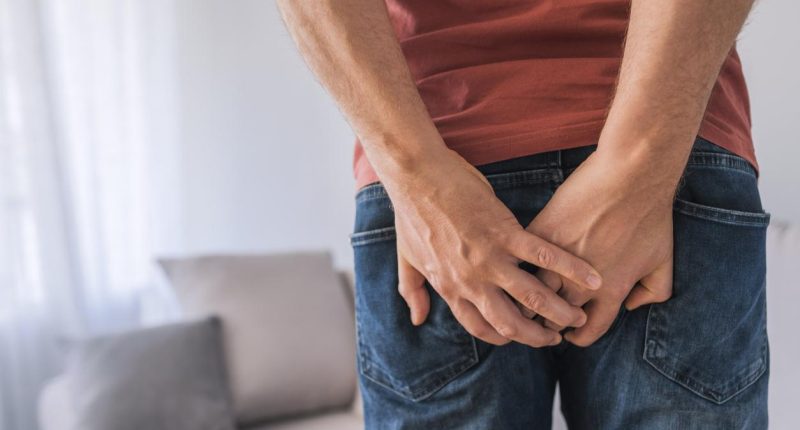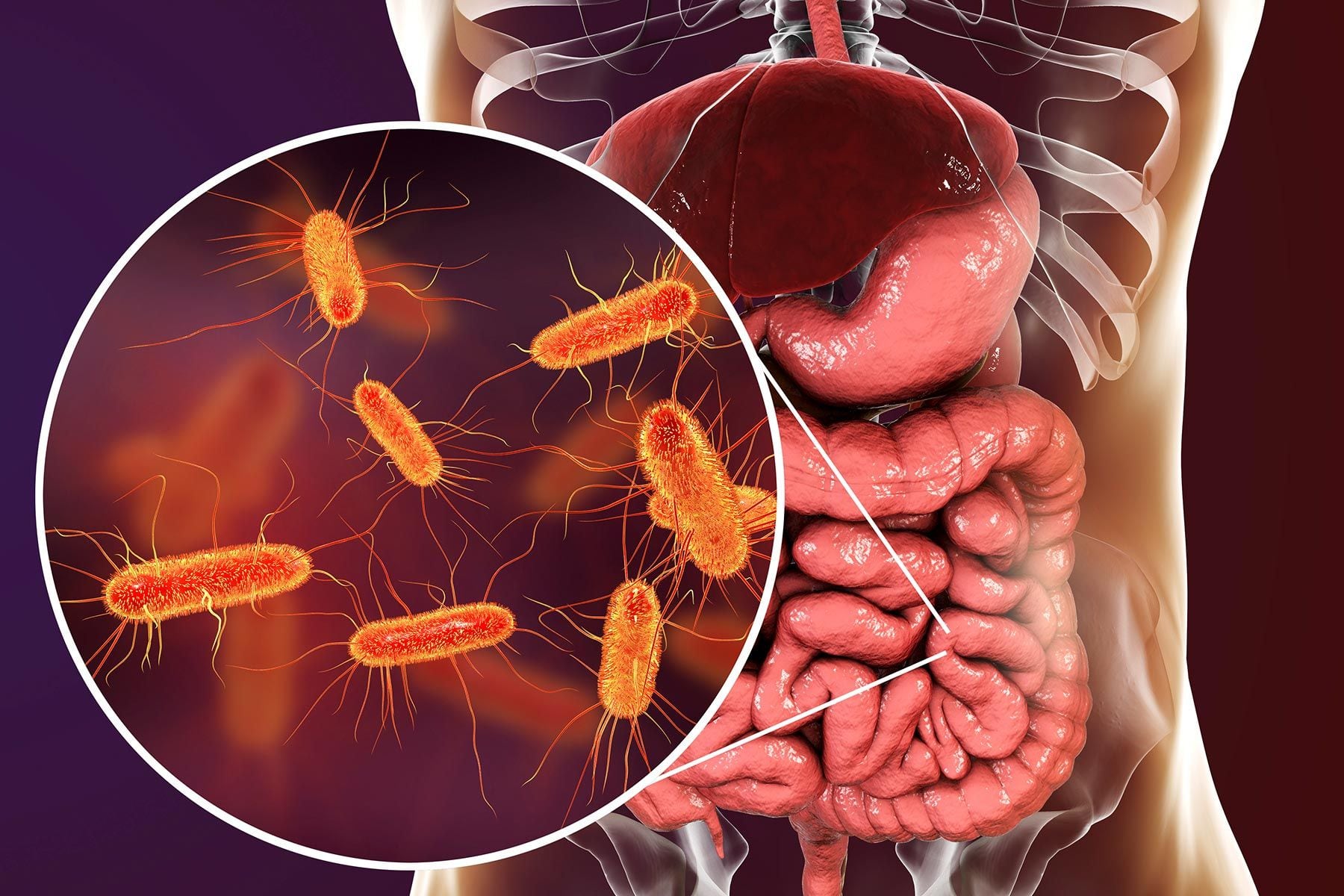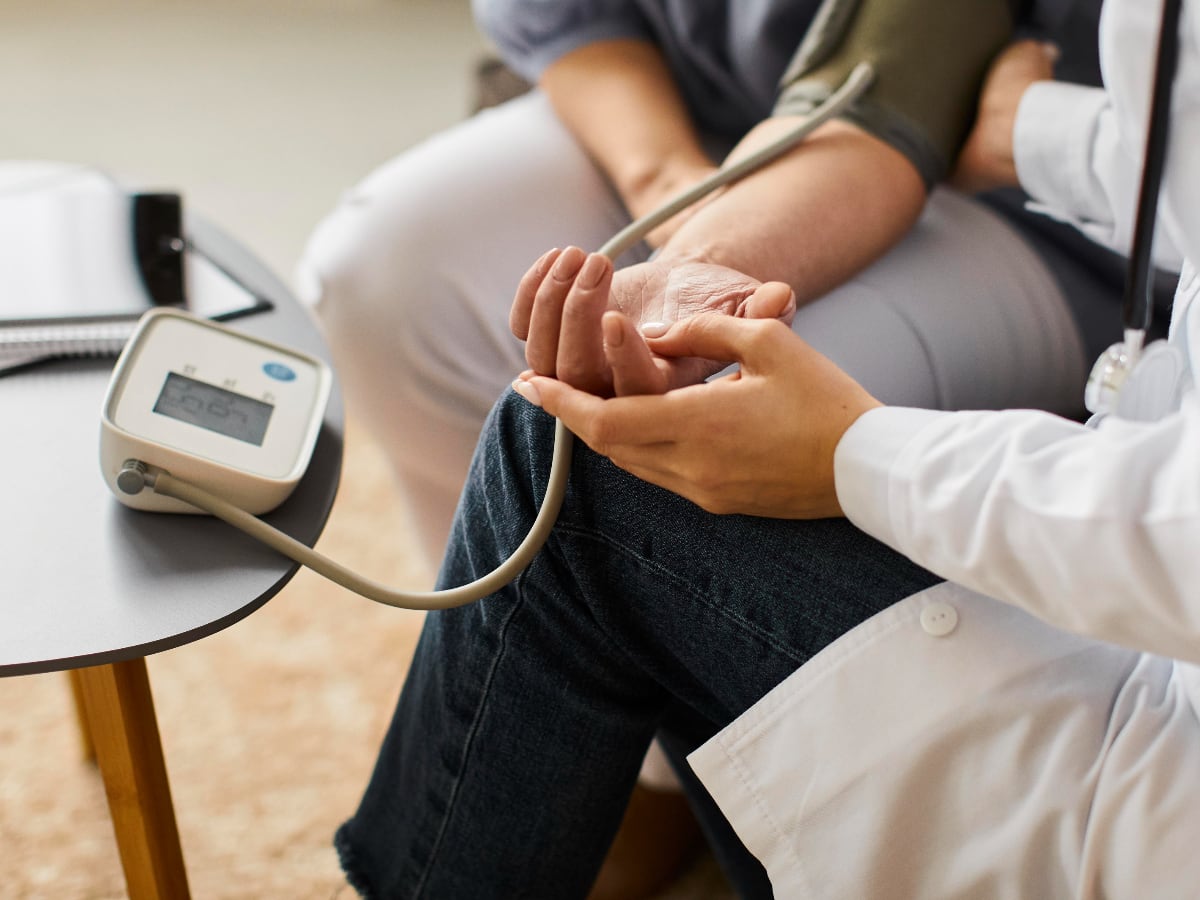An anal fissure is a small tear or cuts in the lining of the anus that can cause pain, bleeding, and discomfort during bowel movements. Acute anal fissures usually heal within a few weeks with proper care and medication. However, if the fissure persists for more than six weeks, it is considered a chronic anal fissure.[1]
Causes of Chronic Anal Fissure Symptoms
There are several possible causes of chronic anal fissure symptoms, including:
- Aging
- Obesity
- Constipation: Straining during bowel movements can cause tears in the anal lining.
- Diarrhea: Frequent bowel movements can irritate the anal area, leading to fissures.
- Anal sex: This can cause trauma to the anal area, leading to fissures.
- Childbirth: Women who have given birth may develop fissures due to the trauma of delivery.
- Inflammatory bowel disease (IBD): Conditions such as Crohn’s disease or ulcerative colitis can cause chronic inflammation in the anal area, leading to fissures.
Symptoms of Chronic Anal Fissures
The most common symptom of a chronic anal fissure is pain, which can be severe and sharp. Other symptoms may include:
- Bleeding during bowel movements
- Itching or irritation in the anal area
- A visible tear or crack in the anal lining
- Fecal incontinence (in severe cases)
- Muscle spasms and cramps in the anal area
Diagnosis of Chronic Anal Fissure Symptoms
A doctor can diagnose chronic anal fissure by performing a physical examination of the anal area. The doctor may also perform an anoscopy or sigmoidoscopy to examine the inside of the anus and rectum. In some cases, the doctor may order a colonoscopy to rule out other underlying medical conditions.
Treatment Options for Chronic Anal Fissure Symptoms
The treatment options for chronic anal fissure depend on the severity of the symptoms and the underlying cause. Some of the most common treatment options include:
- Fiber supplements: If constipation is the underlying cause of your fissure, your doctor may recommend a fiber supplement to help soften your stools and make bowel movements easier.
- Topical ointments: Your doctor may prescribe a topical ointment that contains an anesthetic or a steroid to help reduce pain and inflammation.
- Nitroglycerin cream: This medication helps to relax the muscles around the anus, which can promote healing of the fissure.
- Botulinum toxin injections: Injections of botulinum toxin can help to relax the anal muscles and promote healing.
- Surgery: In severe cases, surgery may be necessary to repair the fissure.
Prevention of Chronic Anal Fissure
You can prevent chronic anal fissure by adopting a healthy lifestyle and following good bowel habits, such as:
- Drinking plenty of fluids to keep the stool soft and easy to pass
- Eating a high-fiber diet to promote regular bowel movements
- Avoiding straining during bowel movements
- Using a stool softener or laxative as needed
- Maintaining good anal hygiene by wiping gently with soft toilet paper or using wet wipes
- Avoiding long periods of sitting or standing
Complications of Chronic Anal Fissure
If left untreated, chronic anal fissure can lead to several complications, including:
- Fistula or abscess formation
- Infection
- Anal stenosis or narrowing of the anal canal
- Chronic pain and discomfort
Conclusion
Chronic anal fissure can be a painful and uncomfortable condition, but it is treatable with proper care and medication. If you experience any symptoms of chronic anal fissure, it is essential to seek medical attention to prevent complications and improve your quality of life.
Don’t miss | Can You Get An STD From Pubic Hair Shaving?
FAQs
A: In some cases, chronic anal fissures can heal on their own with proper self-care and treatment. However, if the fissure does not heal within a few weeks or if the pain is severe, it is important to seek medical attention.
A: While chronic anal fissures can be uncomfortable and painful, they typically do not lead to other health problems. However, in severe cases, they can lead to fecal incontinence.
A: The healing time for a chronic anal fissure can vary depending on the severity of the tear and the underlying cause. With proper treatment, many fissures will heal within a few weeks to a few months.
A: Surgery is typically only necessary in severe cases where other treatment options have failed. In most cases, conservative treatment options such as topical ointments and fiber supplements are effective in promoting healing.
A: Chronic anal fissure itself does not cause cancer. However, if left untreated, chronic anal fissure can lead to complications that may increase the risk of developing anal cancer.
A: Yes, chronic anal fissure can recur even after treatment. Following good bowel habits and maintaining good anal hygiene can help prevent recurrence.









